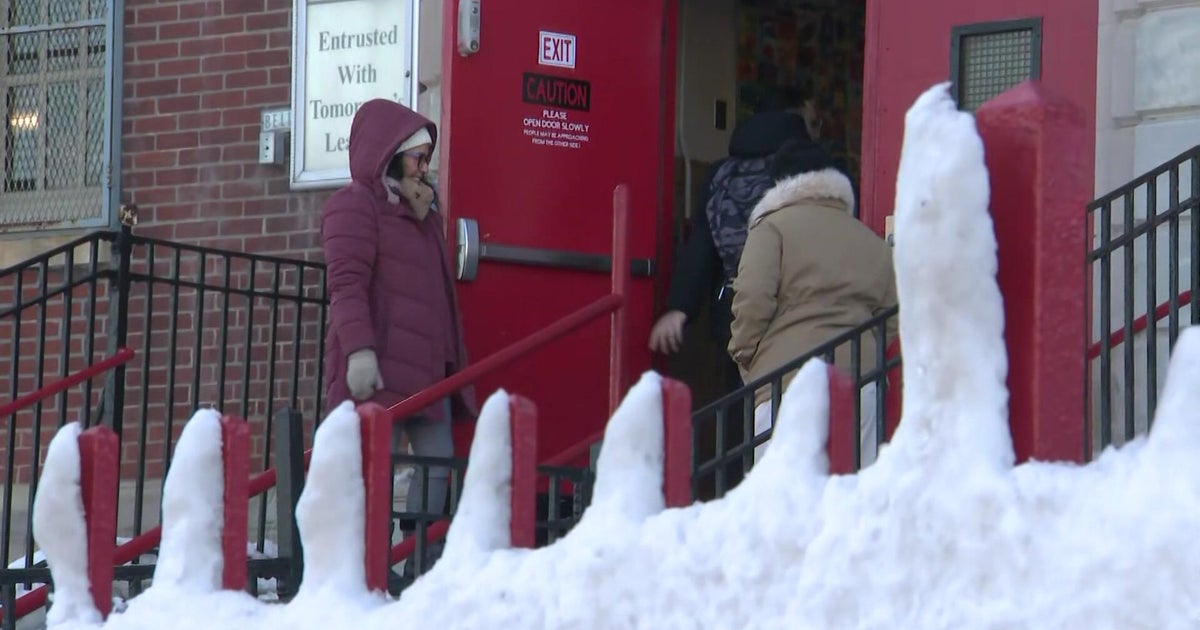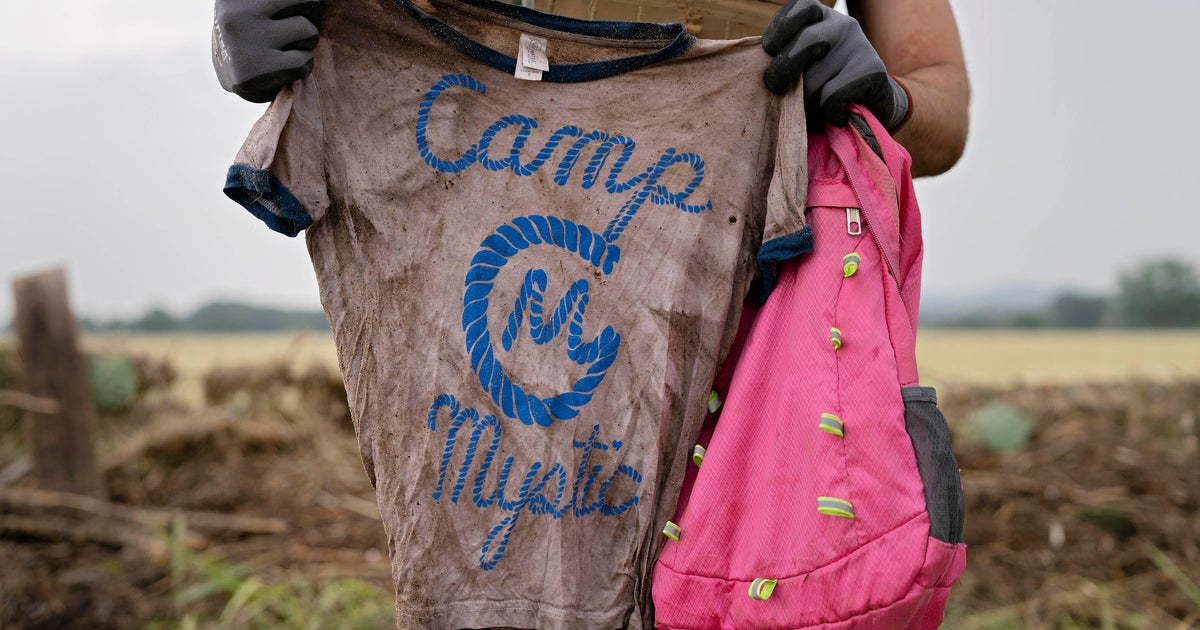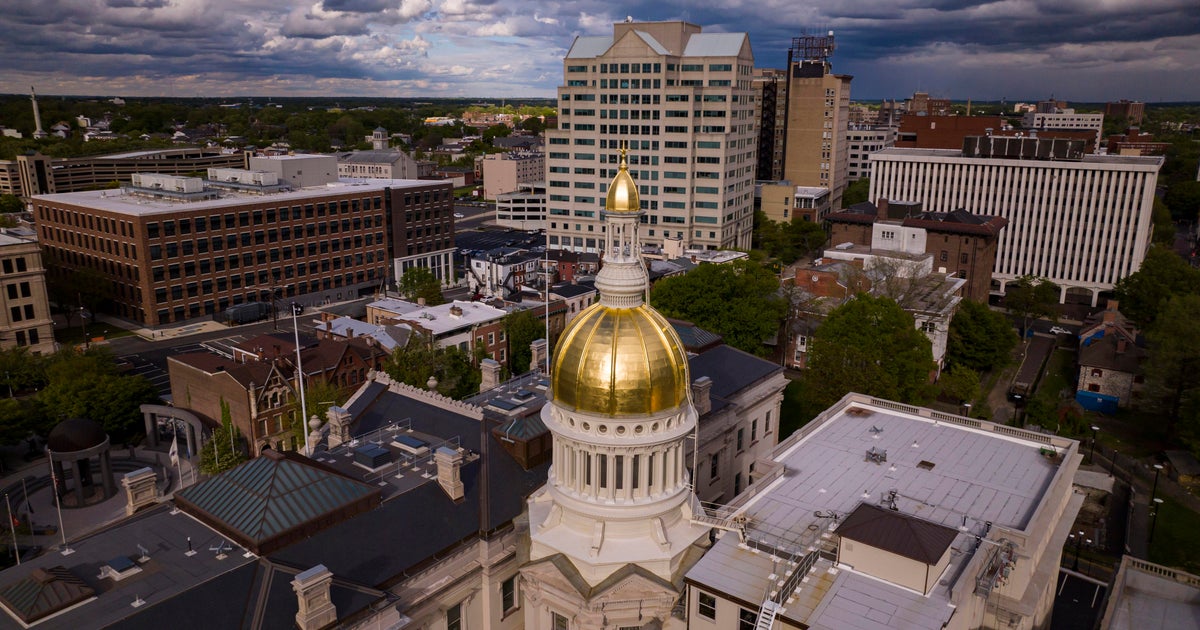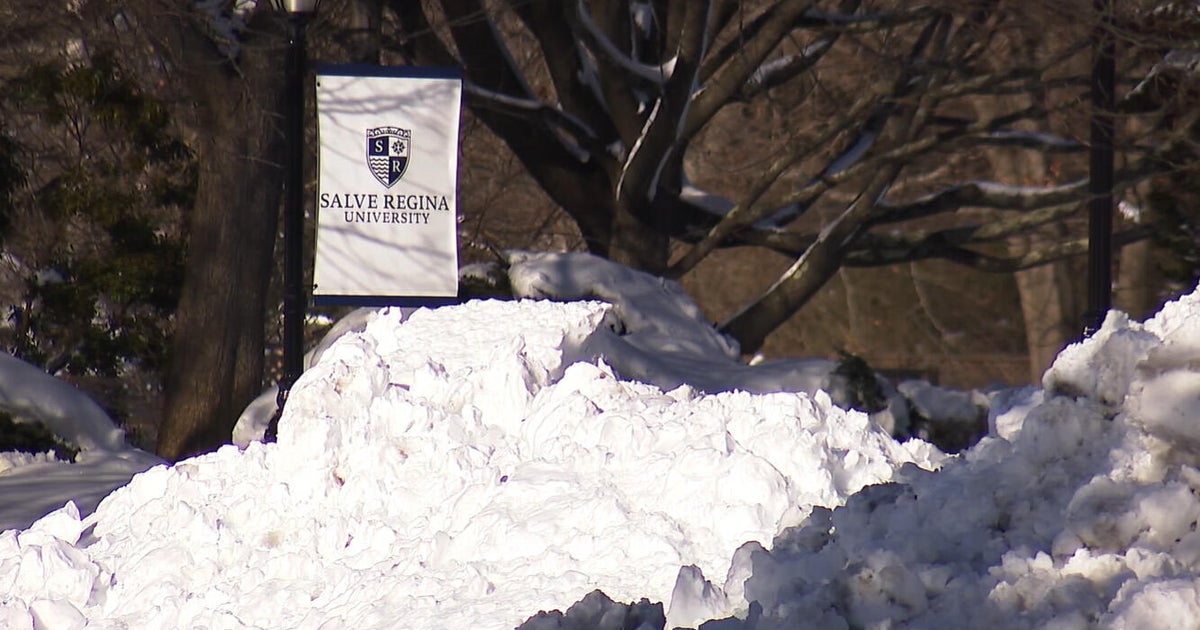Harvard Students Sue University Officials Over School's Investment Ties To Prisons
(CNN) -- Five Harvard students are suing university officials over Harvard's investments in what they call the "prison-industrial complex."
The students are accusing the university's president, a senior fellow of Harvard Corporation, and Harvard's endowment manager, Harvard Management Company (HMC), of a "violation of fiduciary duty and breach of the Harvard charter."
Jason Newton, a spokesman for Harvard University, confirmed the university received a copy of the complaint Wednesday but wouldn't comment further.
Jarrett Drake, a plaintiff in the case, described the "prison-industrial complex" to CNN as the mixture of overlapping interests between the government, prisons, police, and corporations in "keeping bodies confined and controlled."
Harvard uses its endowment to "help ensure Harvard University has the financial resources to confidently maintain and expand its leadership in education and research for future generations," according to HMC's website.
However, the students contend in the lawsuit that the money "funds the opulent lifestyles of Harvard's top administrators who are prison profiteers."
The defendants include Harvard President Lawrence Bacow, Senior Fellow of the Harvard Corporation William Lee, and HMC. Bacow and Lee did not respond for comment.
The suit also names Massachusetts Attorney General Maura Healey as a defendant because Massachusetts state law requires the attorney general to be a party to matters involving charities. A spokesperson for Healey's office declined to comment.
How much of the $40.9 billion endowment is invested in prisons?
The students are part of the Harvard Prison Divestment Campaign (HPDC), a student group pushing for Harvard's divestment from the prison industry. In 2019, the HPDC said Bacow told a group of donors the school had roughly $18,000 invested in private prisons via holdings in exchange traded funds (ETFs) that track stock indexes like the S&P 500.
Harvard could not confirm Bacow made the comment about the $18,000 investment.
Harvard indirectly invests in privately operated prisons like CoreCivic and GEO Group through one of its ETF holdings, according to its most recent Securities and Exchange Commission filing.
Meanwhile, HPDC has argued that the university has at least $3 million invested in the "prison-industrial complex," which it says goes beyond private prison operators like GEO Group and CoreCivic, to include companies that are not exclusively involved in the prison system.
For example, the "prison-industrial complex" applies to food services providers for prisons like Aramark, Sodexo and the Compass Group, said plaintiff Anna Nathanson. Sodexo and Compass Group are also part of ETFs that Harvard holds, according to the SEC filing.
Because private investments aren't subject to the same SEC disclosure laws, two of the other plaintiffs, Ismail Buffins and Xitlalli Alvarez Almendariz, say the possibility exists that Harvard could be profiting even further.
Harvard Management Company spokesman Patrick McKiernan said "HMC does not comment on specific investments."
According to HPDC, a separate group of students unsuccessfully filed a similar lawsuit against the Harvard Corporation in 2014 to force the university to fully divest from its holdings in companies linked to the fossil fuel industry.
This time, there's one key difference
Unlike the students in 2014, whose case was initially dismissed because the judge said the plaintiffs lacked standing, the new crop of students say that they now have standing because they are also donors to Harvard.
"Our educations should not be funded by how many bullets the police buy. Our educations should not be funded by how many TASERs are put into our children's schools. Our educations should not be funded by people selling their blood just to stay out of jail and on probation," said plaintiff Amanda Chan. "We are taking a stand to the University and making them answer for their profiteering. This is Harvard's chance to be on the right side of history."
HPDC is also a plaintiff in the suit. The students are opting to represent themselves.
"We want to create an historical record of what's going on with Harvard's racist investment policies," said Nathanson. "So much of prisons are hidden out of sight. If people understood what's going on in prisons it would shock anyone's conscience."
The students have asked for a trial by jury and want the court to force the university to divest from its ties to the "prison-industrial complex" and release a report assessing the risk of Harvard's investments tied to it. They also accuse defendants of "untrue and misleading advertising" and allege that they are in violation of Massachusetts state law by refusing to release the "exposure assessment."
The-CNN-Wire
™ & © 2020 Cable News Network, Inc., a WarnerMedia Company. All rights reserved.







